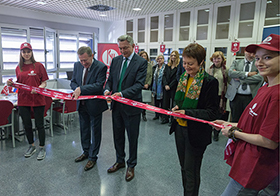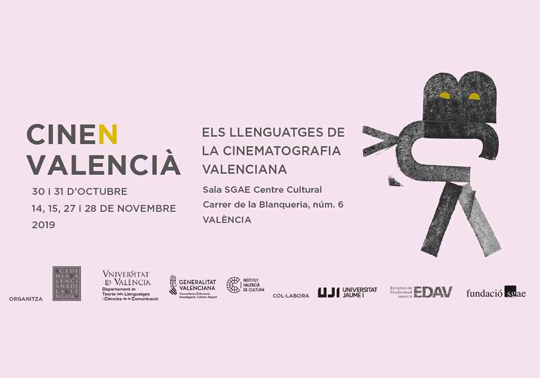
Spanish production of historical fiction comes back to the cinemas with ‘Oro’ (Gold), a film directed by two-time-Goya awarded director in 1995, Agustín Díaz Yanes.
11 january 2016
Agustín Díaz Yanes will direct ‘Oro’, the new historical fiction based on a work by writer and journalist Arturo Pérez Reverte which will be co-produced by Sony Pictures Spain, Atresmedia Cine and Apache Films.
Lope de Aguirre and Núñez de Balboa, two 16th Century Spanish conquerors, are the characters which inspire the film in order to tell the story about a group of Aragon and Navarra based men who jut out into the city’s jungle to seek for gold. A search which will confront them.
“Given Reverte’s thrilling story, Yanes’ great ability as a movie maker and Apache Films and Atresmedia’s combined experience and passion, ‘Oro’ is a project which means a great bet for Sony Spain”, stated Iván Losada, general director of Sony Pictures Spain and who will distribute the movie in Spain, Latin-America and the United States.
Oro will count with an 8-million-euros budget and will start the shooting in February in Panama, Colombia, La Palma and Madrid. Regarding the cast, it has not been set up yet, but according to Fotogramas’ website, some actors could be Raúl Arévalo, Oscar Jaenada, Bárbara Lennie and Juan Echanove.
A successful director
Agustín Díaz Yanes will direct a movie eight years after his last premier, Solo quiero caminar (I only want to walk). With this one, he adds a total of 10 movies, among which we could higlight Nadie hablrará de nosotras cuando hayamos muerto, which harvested a Goya Award for the best original script and best novice director in 1995.
Oro will continue the path set by recent historical movies produced in our country, such as Alatriste and the adaptation of the successful TVE series, Águila Roja (Red Eagle). Yanes, who already directed Alatriste, comes back to adapt another novel by Arturo Pérez-Reverte.
With a 24-million budget, Alatriste became the second most expensive Spanish movie ever, followed by Ágora, Alejandro Amenabar’s work. On 15 September 2006, the Academy of Cinema Arts and Sciences of Spain selected Alatriste as a candidate to compete as a Spanish representative in the Oscar Awards. Finally, it was Volver, by Almodóvar, the one which was awarded.
Image source: rtve
Transmedia Series
Águila Roja and El ministerio del tiempo (the ministry of time) are two examples of Spanish series which have been successful thanks to their bet for a model of transmedia narrative which allows them to expand its corresponding universes.
Since TVE started broadcasting Águila Roja in 2009, the series produced by Globomedia, has achieved important success both among the public and the critics. But the adventures of Gonzalo de Montalvo and the rest of the characters are not limited to the show, they can also be followed in the 2011 movie and in different video games.
A similar path is being followed by El Ministerio del tiempo. As stated by Carlos A. Scolari for Hipermediaciones, “what was born as an eminently television project became a cultural phenomenon after a few weeks and generated several transmedia expansions and a lot of fanfiction productions”. Currently, its creators have been able to exploit transmedia possibilities to their highest with derivative products such as El diario de Amelia Folch (The Diary of Amelia Folch) and the spin-off of Julian Martínez’s life before joining the Ministry of Time.
In the subject Análisis de Formatos Mediáticos (Analysis of Media Formats) taught by professor Germán Llorca in the Official Master’s Degree in Audiovisual Contents and Formats, the students are brought into contact with the new possibilities held by interactive and transmedia contents.











